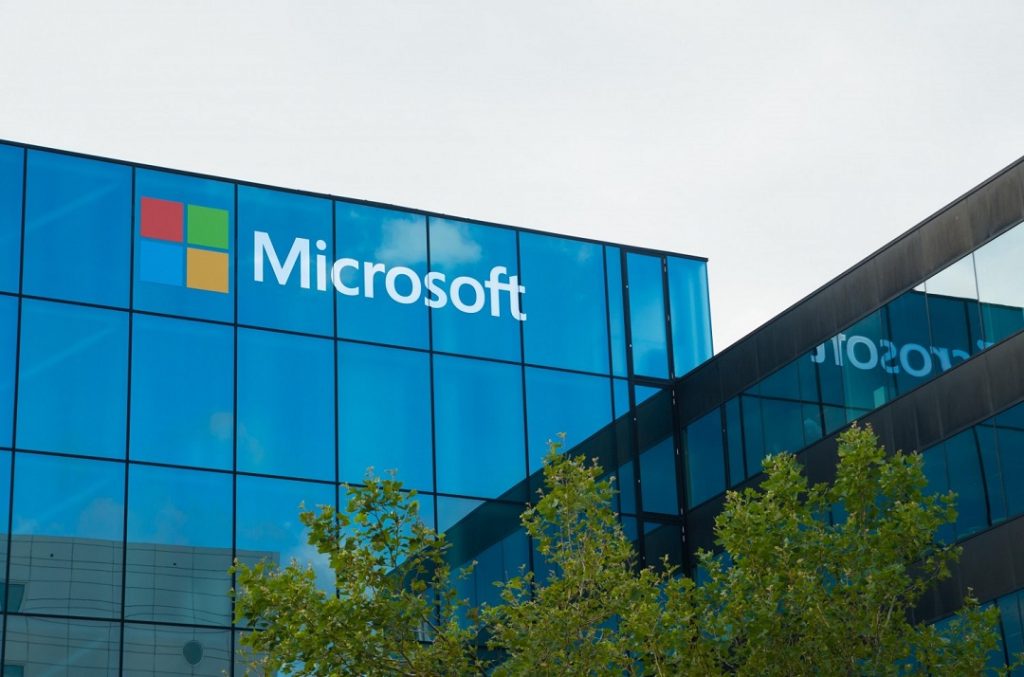Standard Bank and Microsoft announced a strategic partnership to accelerate the digital transformation of Africa’s largest financial institution and further drive the continent’s growth. The Bank’s growing investment in the Microsoft Cloud will enable the innovation, efficiencies, and resilience required to respond to market dynamics and customer needs.
This partnership builds on the 30-year relationship between the two companies and involves migrating workloads, applications, and platforms to Microsoft Azure to drive organizational efficiencies, as well as workforce collaboration with Azure, PowerApps, Workplace Analytics and Microsoft Teams.
“Investing in the cloud will allow Standard Bank to achieve its strategy to transform from a traditional financial services company into a digital platform company, providing financial services, plus ancillary and associated services. We have adopted a cloud-first strategy, underpinned by end-to-end security and data-driven insights that will enable transformation with tangible results,” says Standard Bank Group Chief Executive, Sim Tshabalala.
“Standard Bank’s cloud-first strategy underlines the growing momentum in financial services to deliver differentiated experiences that today’s customers expect,” said Judson Althoff, Microsoft’s executive vice president of Worldwide Commercial Business. “As a long-standing technology partner, we are pleased to collaborate with Standard Bank in realizing this strategy and in becoming Africa’s future-first financial services firm through digital skilling-focused initiatives that will expand economic opportunity for young people across Africa.”
As part of the partnership, the companies will also:
- Establish the African Digital Foundry (The Foundry), a strategic alliance, for Standard Bank and Microsoft to collaborate to co-create unique solutions through new technology to meet the financial needs of Africa’s consumers. Through the Foundry, the companies aspire to reach 100 million customers in Africa over the next five years.
- Bring together their resources and know-how to provide youth with the relevant digital skills needed to secure future-ready jobs and equip Small and Medium Enterprises (SMEs) with digital skills and capabilities so that they can take advantage of the growing shift to digital technologies.
The African Digital Foundry (The Foundry)
Standard Bank and Microsoft, through the Foundry, will co-create and execute joint go-to-market digital services related to trade, payment, and risk-based (lending and insurance) solutions. They will also develop ecosystems enabling digital trading to facilitate Africa’s growth.
“The Foundry is a digital initiative established in Africa, for Africans, to address the unique challenges the continent faces with customised innovations, services and solutions,” says Tshabalala. “The partnership will further enhance and create ongoing collaboration between our firms around co-engineering solutions for African consumers’ unique needs.”
Skills and Small Medium Enterprise (SME) Development
Harnessing the power and reach of both organisations, the partnership will also drive digital skills development, boost youth employment, and accelerate the growth of SMEs on the African continent.
Both organisations believe that digital transformation represents an opportunity for the continent to leap ahead, taking a leading role in enabling economic and societal growth in Africa.
Microsoft and Standard Bank will leverage their combined research, industry, partner and start-up programmes to impact the continent – where similar opportunities and challenges exist – using technology such as mixed reality and artificial intelligence.
“Continuing to build on the partnership is part of the ongoing journey that Standard Bank and Microsoft are on to invest in digital transformation as the enabler of meaningful and tangible innovation. Our journey is underpinned by collaborative efforts to develop, scale and roll-out digital solutions that will deliver personalised services to 100 million Africans and by meeting their unique and evolving needs and demands,” says Tshabalala.

